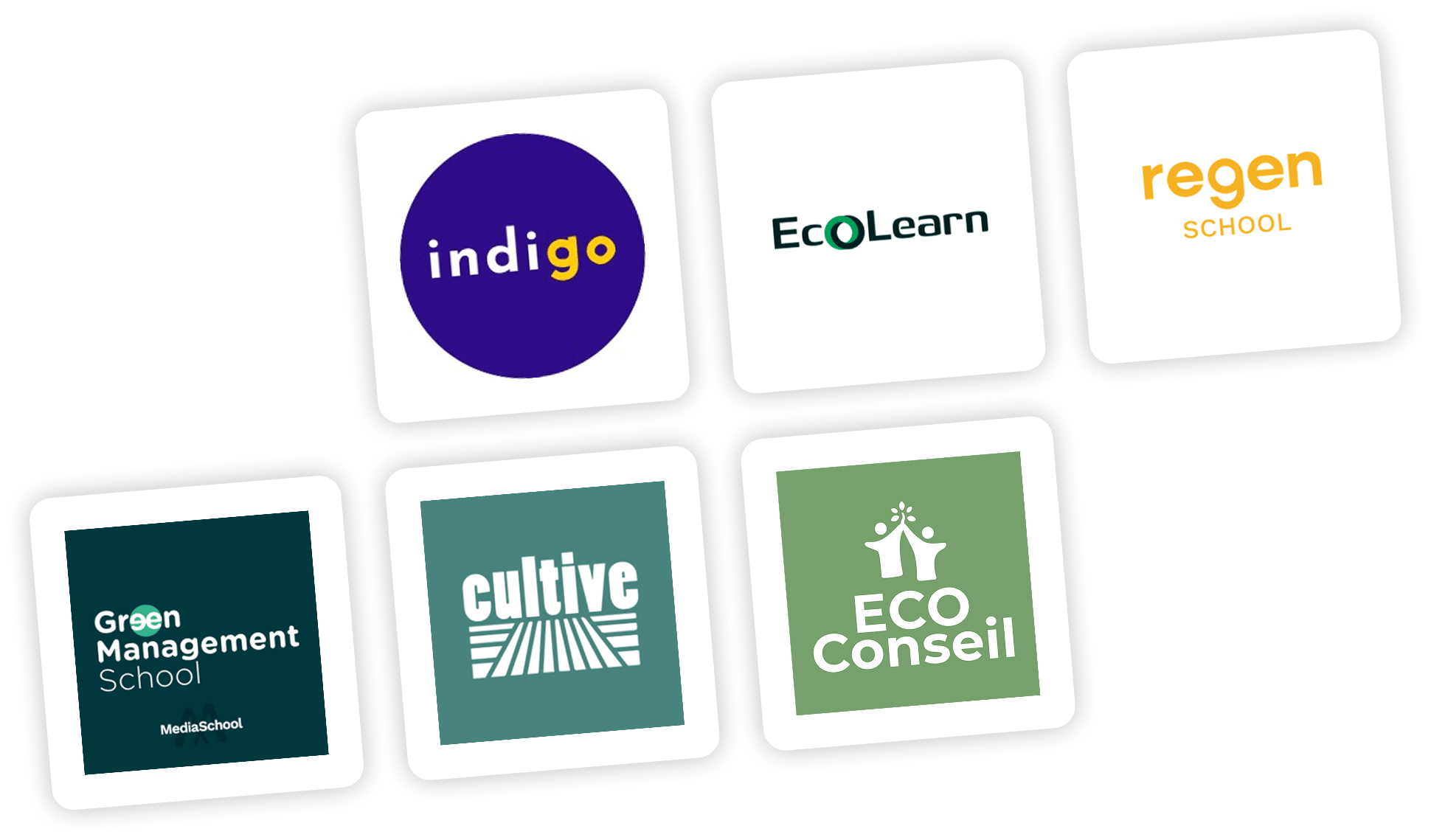Generation Z - How to enter the world of work and feel good about it ?
In early 2023, the BBC published an article noting the anxiety at work among Generation Z. Not really confident in the workplace, feeling illegitimate, frustrated at not being understood by their management or hierarchy... Elisabeth Soulié, an anthropologist who has studied Generation Z from top to bottom, and understands its expectations and needs, helped us to decipher intergenerational differences. She gives some advice on how to make the company a less anxiety-provoking environment.

Is the company adapted to Generation Z? If not, why not?
As Generation Z's dynamic is borderless and fluid, corporate silos are no longer appropriate. Generation Z is looking for fulfillment at work, whereas the previous generation was looking for fulfillment at work. It's not the same thing. For Generation Z, fulfillment is more collective than individual. They want to find fulfillment in sharing things, in conviviality, in living together. An internal system in which talent assessment is too individualized will therefore be irrelevant. The previous generation was also built on the notion of reason and rationality. We were the fruits of Descartes. But today, through a cell phone, we have a sensory relationship with the world. It's also more emotional. So adaptation is more a question of dialogue between generations.
What is Generation Z looking for in a company, compared to Generation Y?
Well-being on the one hand. When their well-being indicator is out of step with what they live, feel, do and produce, they may leave a company. Generation Y is more empowered, autonomous and responsible, and wants to succeed on its own. They are less cooperative and collaborative than Generation Z. It's on Pablo Servigne's Other Law of the Jungle. Whereas power over others, ambition and selfishness used to be the norm, this generation Z believes that many are stronger than one. We can no longer go it alone in a highly complex society. With a deep-rooted sense of the collective dimension, they will therefore expect this in the workplace: to have a sense of belonging, to feel good as part of a team. She'll also be looking for care, listening, benevolence, empathy and mutual support. We used to live in a patriarchal society (power over others, aggressiveness, selfishness...), whereas the values promoted by this generation are much more "feminine";
Why is youth mental health at risk?
Gen Z lives its mental health at work and in its personal life. For various reasons, this generation has mental health problems;
Firstly, it has to do with her relationship with digital technology. She has FOMO, Fear Of Missing Out. In other words, she's always connected, she doesn't want to miss a thing, she's in systems of comparison that are sometimes difficult to live with;
Secondly, the fact of living in the present moment, of questioning everything, of constantly being able to change, to branch off... creates a kind of existential anxiety. Being able to re-evaluate everything, even who I am, all the time, has a very positive side, but it also creates anxiety;
And finally, there's the eco-anxiety shared by a large part of this generation;
What advice would you give to Gen Z to help them gain self-confidence in the workplace?
Gen Z makes me feel more lost than insecure. On the contrary, perhaps they have more self-confidence than previous generations. The fact that they need to make sense of what they're living and doing, now and not in 10 years' time, means they have to question themselves a lot. Which is not comfortable. But lack of self-confidence is soluble in action, and this is a generation that acts, or at least believes in the virtues of action. Of course, within this generation, there are also those who don't act, because the future, the world as such, is anxiety-provoking, fast-moving, uncertain, even unpredictable. One piece of advice for not being too anxious would be to act in the present moment and in your ecosystem. And another would be to connect with others inside and outside the company;
Based on your observations, what advice would you give to Generation Z before they join a company, to help them feel at ease?
I think that in a job interview, Generation Z needs to take the time to set out their expectations, which aren't necessarily requirements. Setting expectations means saying "me, I need this", and asking certain questions like: "How are we going to work together? Concretely, on a day-to-day basis, how is it going to work with my manager? How do you give feedback?"
How can the younger generation establish a constructive dialogue with their superiors today?
As I give my lectures, I realize that generation Z doesn't understand the previous generation any more than the previous generation understood generation Z.
In the workplace, she needs to get her managers and hierarchy to meet her. They need to talk about their needs. Very often, when Generation Z doesn't feel good, it prefers to leave. They'll look elsewhere for another path, another ecosystem. And yet, being able to share emotions and feelings is one of the best ways of coping with these gaps and readjusting to reality. This isn't easy, as the previous generation wasn't always used to talking about their emotions. Perhaps it's precisely the role of Generation Z to familiarize the older generation with this.
5 takeaways
1# Are you between 17 and 26 years old and don't understand your superiors at work? They sometimes have trouble understanding you too, but you can do something about it ;)
2# Initiate a dialogue with your superiors. Don't wait for the half-year interview!
3# Dare to talk about your feelings and emotions in relation to your job, your mission, the company.
4# Before applying, define your expectations. They'll help you ask your questions in the interview and find out if the job, the management and everything else really suits you.
5# If you're lost, talk about it both inside and outside the company, create a bond, surround yourself! :)
TO FIND OUT MORE
👉 Does gen Z no longer want to work or work differently?
👉 Eco-anxiety, a lever of action for your professional transition ?



